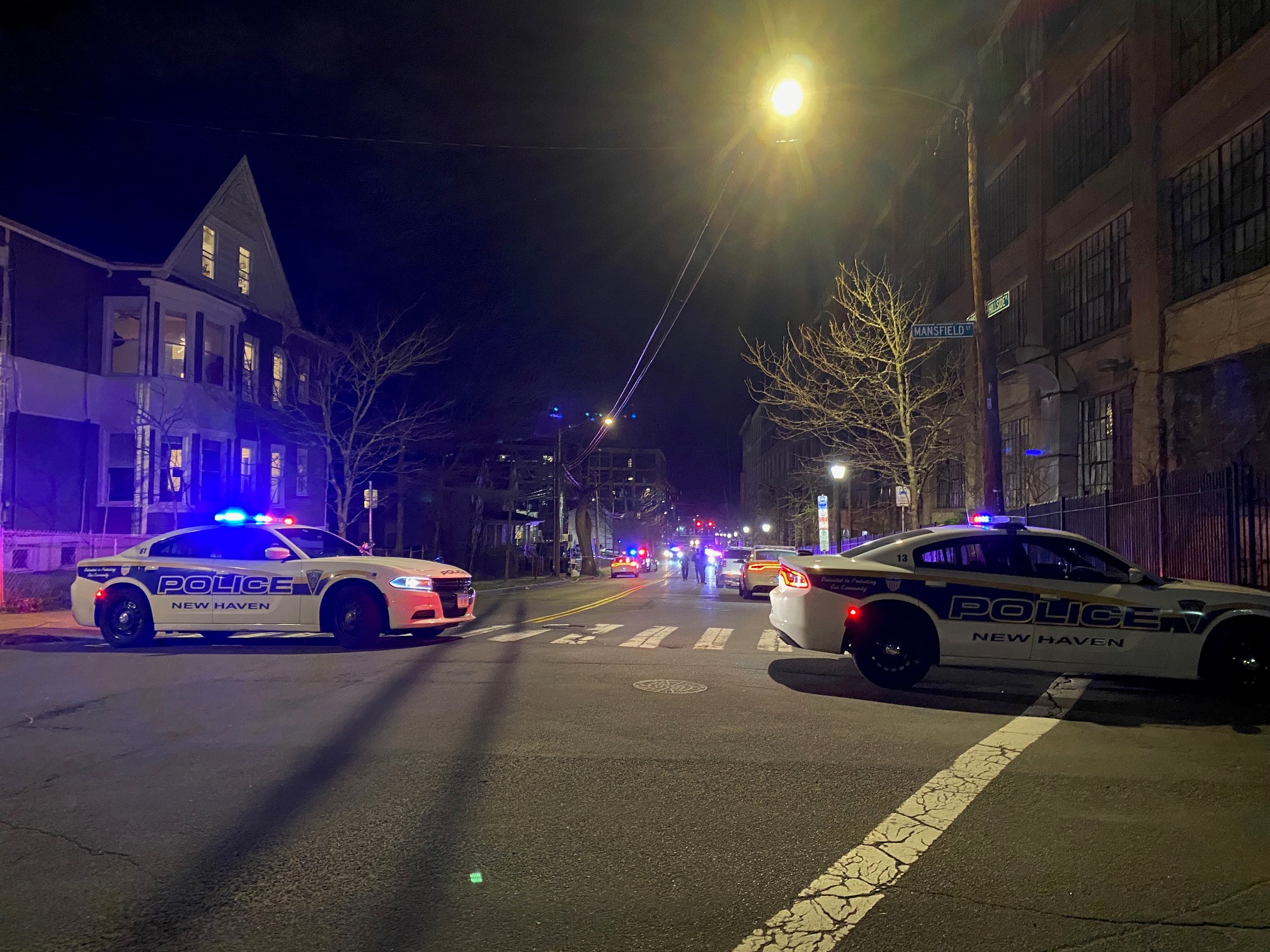A lot has changed when it comes to tolls since Connecticut removed the last toll booths in 1988.
First, states like Massachusetts and New York have eliminated traditional toll takers, and booths where cars have to stop. They’ve advanced to electronic gantries that read transponders like an EZ-Pass or they take photos of license plates for payments.
Second, personal data has become one of the most valuable commodities for businesses looking to target customers.
David McGuire, executive director the Connecticut chapter of the American Civil Liberties Union, says the state has the chance to protect all drivers’ data if it chooses to implement tolls during the 2019 legislative session.
“Now that we’re potentially starting this from scratch we have the opportunity to build this the right way with the proper data safeguards in place to make sure that the data is just used for the purposes of collecting the toll, not for tracking people for long periods of time,” he said.
Connecticut is the only state in New England without any kind of tolling program to pay for transportation infrastructure.
Governor-elect Ned Lamont and top Democrats in the General Assembly, fresh off major gains in both the House and Senate, have eyed at least tolls on trucks driving through the state.
Local
The Connecticut Department of Transportation has commissioned multiple studies on the topic, with the most recent one suggesting that 82 tolling locations around Connecticut could collect $1 billion annually.
The ACLU advocates for protecting such information from being sold to private companies.
McGuire says with that many locations, every driver is potentially being following by the state.
“Really a privacy nightmare in many cases. If you think of a gantry every six miles on a highway, that’s going to be able to track you with pretty extreme precision over long stretches across the state.”
A spokesman for the Connecticut Department of Transportation told NBC Connecticut, “We fully expect that these issues will be taken under consideration during any toll debate.”
Different states have varying rules and regulations when it comes to the use of data collected by electronic tolls. In many cases, police can obtain driving data when a warrant has been issued in connection with an investigation.
McGuire says those kinds of carve outs are necessary, but they need to be limited in scope.
“We’re not saying you shouldn’t go forward with tolls. We as an organization don’t take a position,” McGuire said. “We just say if you do it, do it in a thoughtful, careful way so we don’t sell people’s privacy short for short term financial gain.”



